by Ellie Apr 15,2025
With Monster Hunter Wilds shattering Steam records and Resident Evil enjoying renewed popularity thanks to Village and a series of stellar remakes, it seems as though Capcom can do no wrong. However, this wasn't always the case. Just a few years ago, Capcom faced a challenging period marked by a series of critical and commercial flops, leaving the company struggling to maintain its identity and audience.
Capcom grappled with an identity crisis. The survival horror genre, pioneered by Resident Evil, had lost its edge post-Resident Evil 4. Similarly, the iconic Street Fighter series was faltering after the lukewarm reception of Street Fighter 5. It was a critical moment that could have spelled the end for Capcom and its beloved franchises.
Yet, amidst these challenges, Capcom found a path forward. A significant shift in their game development approach, coupled with the adoption of a powerful new game engine, revitalized their key series. This strategic overhaul not only breathed new life into their games but also sparked a period of critical and financial success that firmly reestablished Capcom in the gaming industry's upper echelon.
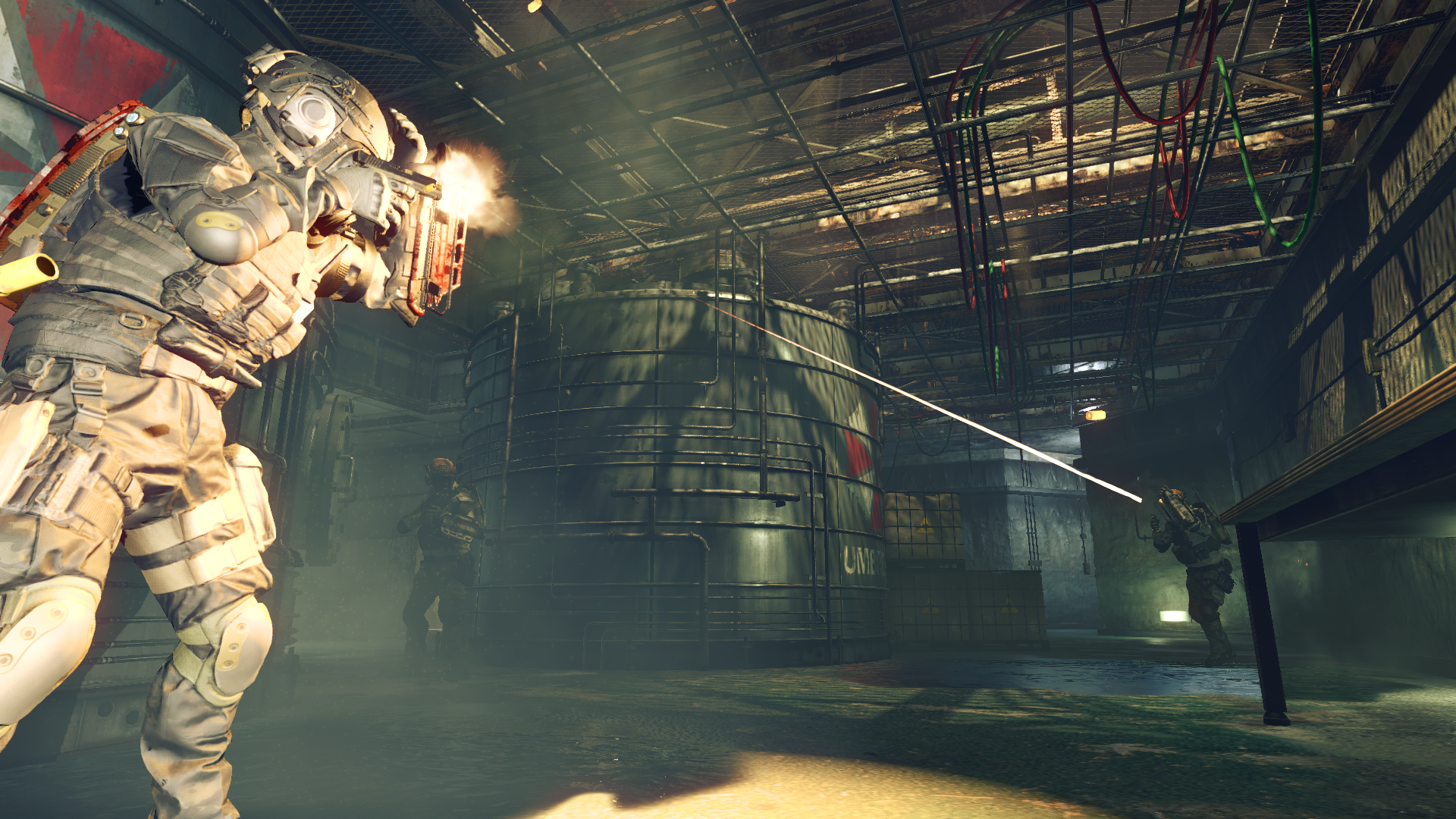
2016 was a particularly tough year for Capcom. The release of Umbrella Corps, an online co-op shooter, was met with harsh criticism from both reviewers and fans. Similarly, Street Fighter 5 disappointed many with its lackluster execution, while Dead Rising 4 marked the end of its series with the return of Frank West. These releases represented the nadir of a challenging period for Capcom, which had been struggling since 2010.
The mainline Resident Evil games faced declining critical reception despite solid sales. Street Fighter was struggling, and other Capcom staples like Devil May Cry were absent from the scene. Meanwhile, Monster Hunter, a major success in Japan, faced difficulties in breaking into international markets.
"Many of us started feeling that what the fans and players wanted from the series was getting a little bit separate from what we were making," a developer noted. This sentiment was a far cry from the Capcom we see today, which has been consistently delivering successful games since 2017. Titles such as Monster Hunter World, Devil May Cry 5, Street Fighter 6, and a trio of highly praised remakes have showcased Capcom's resurgence.
Achieving this turnaround required more than just learning from past mistakes. Capcom had to rethink its entire strategy, from targeting different player demographics to leveraging new technology. To understand this transformative journey, IGN spoke with four leading creatives at Capcom who shared insights on how the company navigated its way from crisis to success.
Founded in 1979 as a manufacturer of electronic game machines, Capcom rose to prominence during the '80s and '90s with 2D classics like Street Fighter and Mega Man. The transition to 3D gaming in the 2000s, marked by titles like Resident Evil, solidified Capcom's place in the industry. Between 2000 and 2010, Capcom successfully modernized its major franchises, culminating in the release of the acclaimed Resident Evil 4.
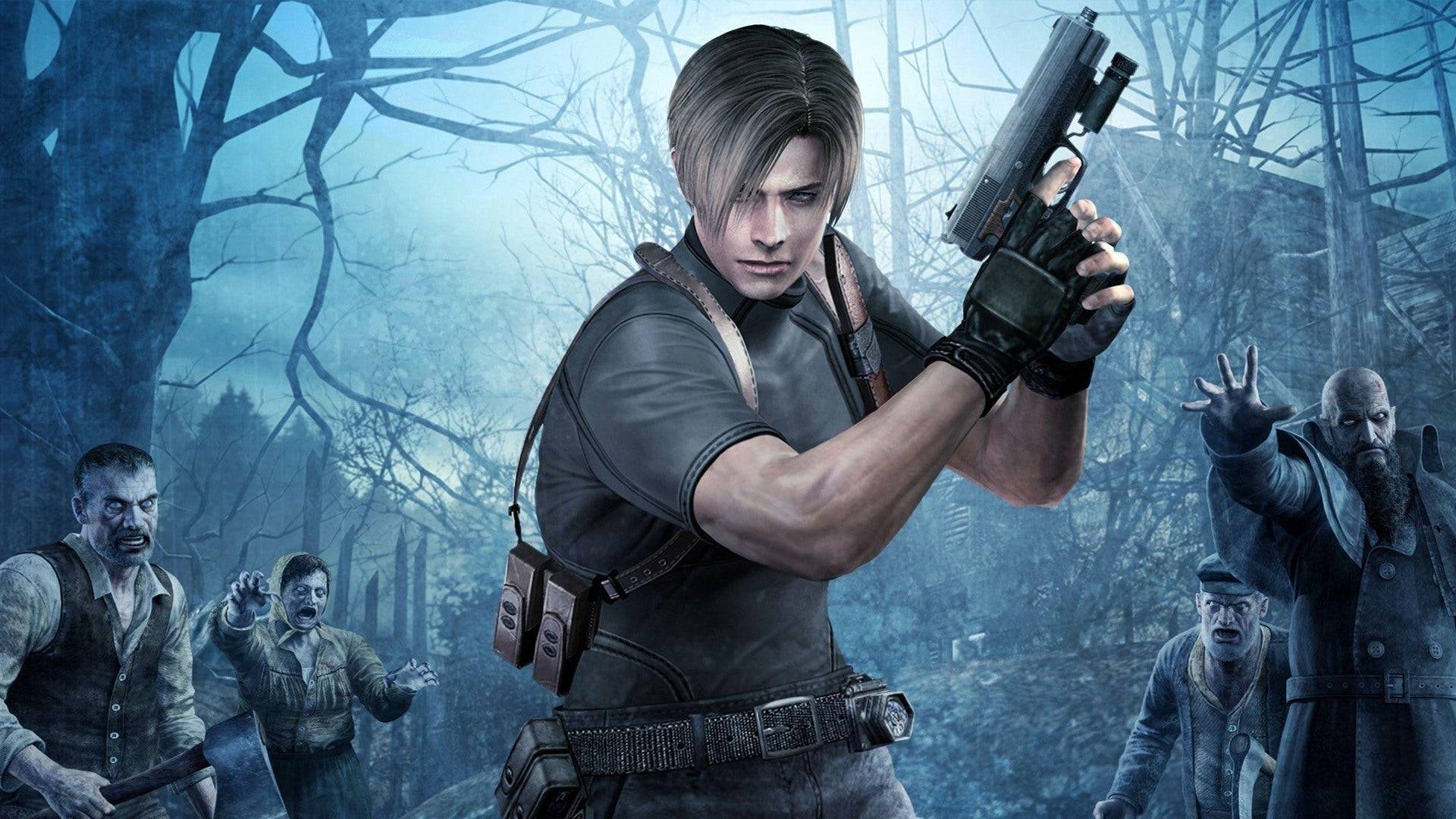
Released in 2005, Resident Evil 4 is widely regarded as a landmark title for its innovative blend of horror and action. However, this balance was lost in subsequent games. Resident Evil 5 introduced action-heavy sequences that strayed from the series' horror roots, and Resident Evil 6 in 2012 attempted to cater to both action and horror fans but ultimately satisfied neither.
The struggles were not limited to Resident Evil. After the success of Street Fighter 4, its sequel, Street Fighter 5, released in 2016, was criticized for its lack of content and poor online functionality. Similarly, Devil May Cry saw diminishing returns, leading to the outsourcing of DmC: Devil May Cry to Ninja Theory, which received mixed reactions.
Capcom's attempts to capture Western markets with titles like Lost Planet and Asura's Wrath also fell flat. While Dragon's Dogma was a bright spot, the company's focus seemed scattered, necessitating a strategic shift.
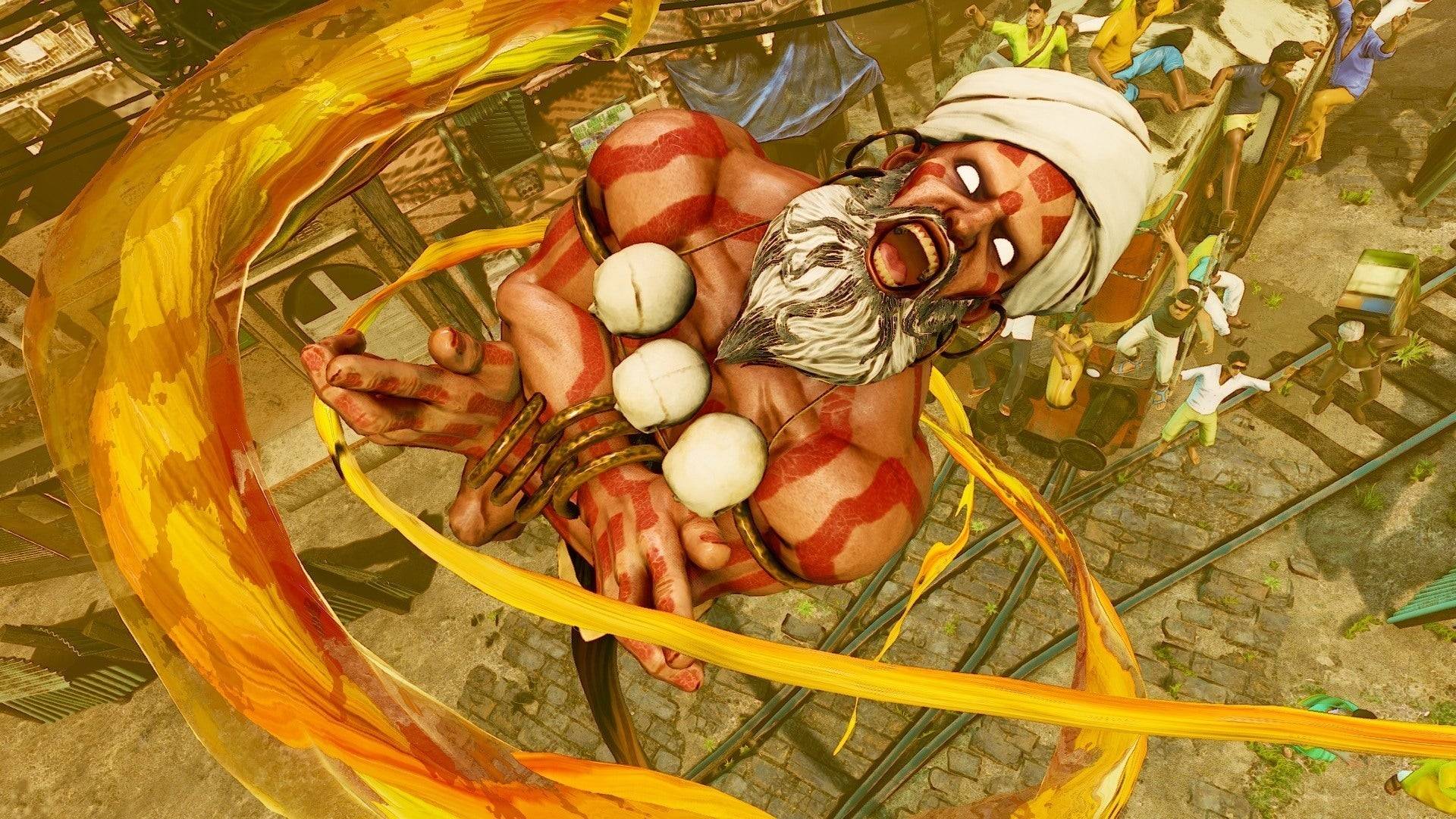
By the mid-2010s, Capcom began implementing changes to turn their fortunes around. The first step was addressing the issues with Street Fighter 5. Directors Takayuki Nakayama and producer Shuhei Matsumoto were tasked with stabilizing the game.
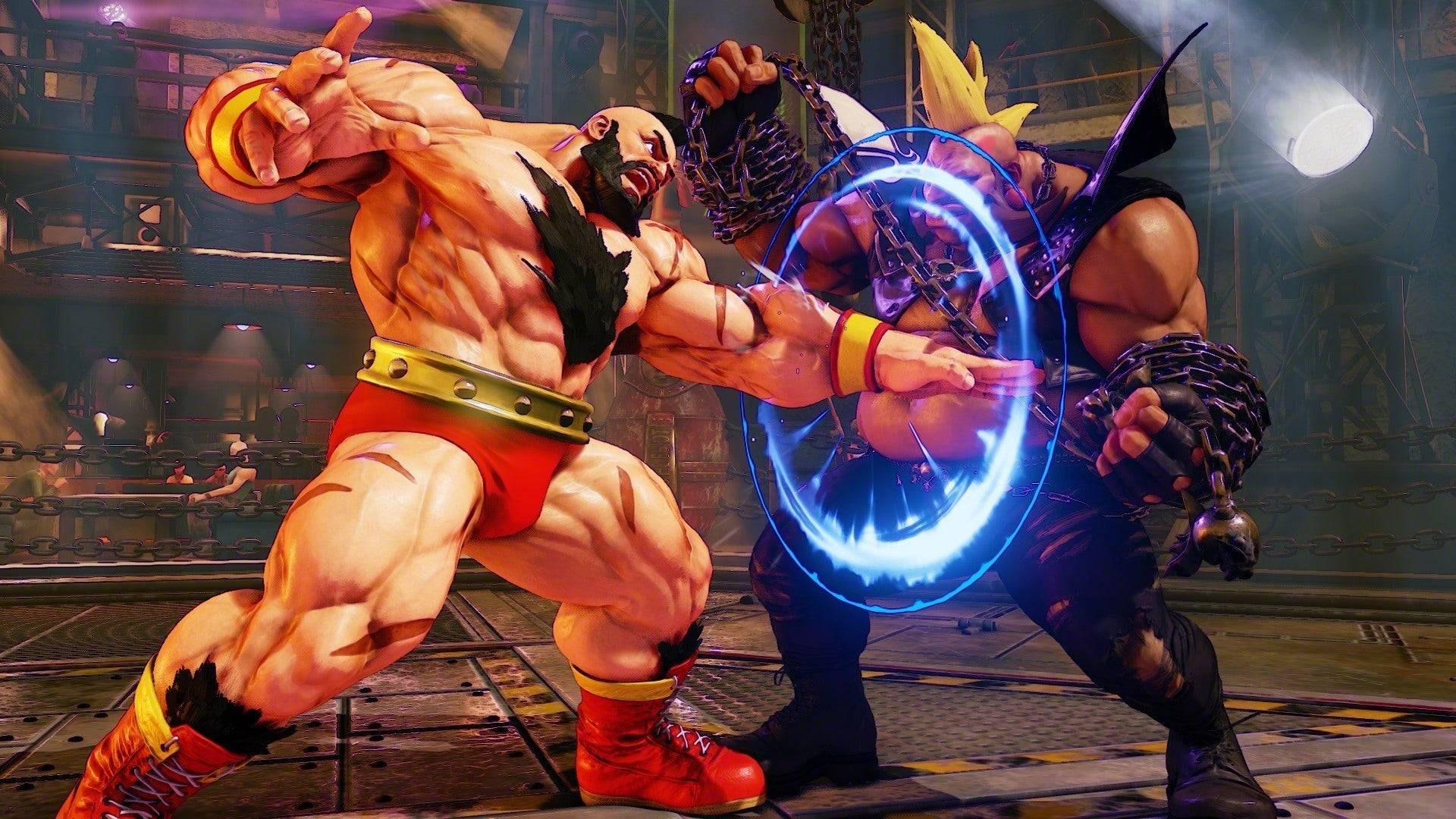
Nakayama acknowledged the challenges in the game's development and the constraints they faced in making major changes. Instead, they focused on fixing immediate issues and laying the groundwork for Street Fighter 6. "We just didn’t really have enough time to address some of the problems and challenges we faced in Street Fighter V," Nakayama explained. The team used Street Fighter 5 as a testing ground to refine ideas for the sequel, resulting in the critically acclaimed Street Fighter 6.
Matsumoto emphasized that abandoning Street Fighter 5 was not an option. "There wasn’t any sort of sense of like, 'Okay let’s just end Street Fighter 5 and focus on Street Fighter 6,'" he said. The development of Street Fighter 5 helped inform what the team wanted to achieve with the next installment.
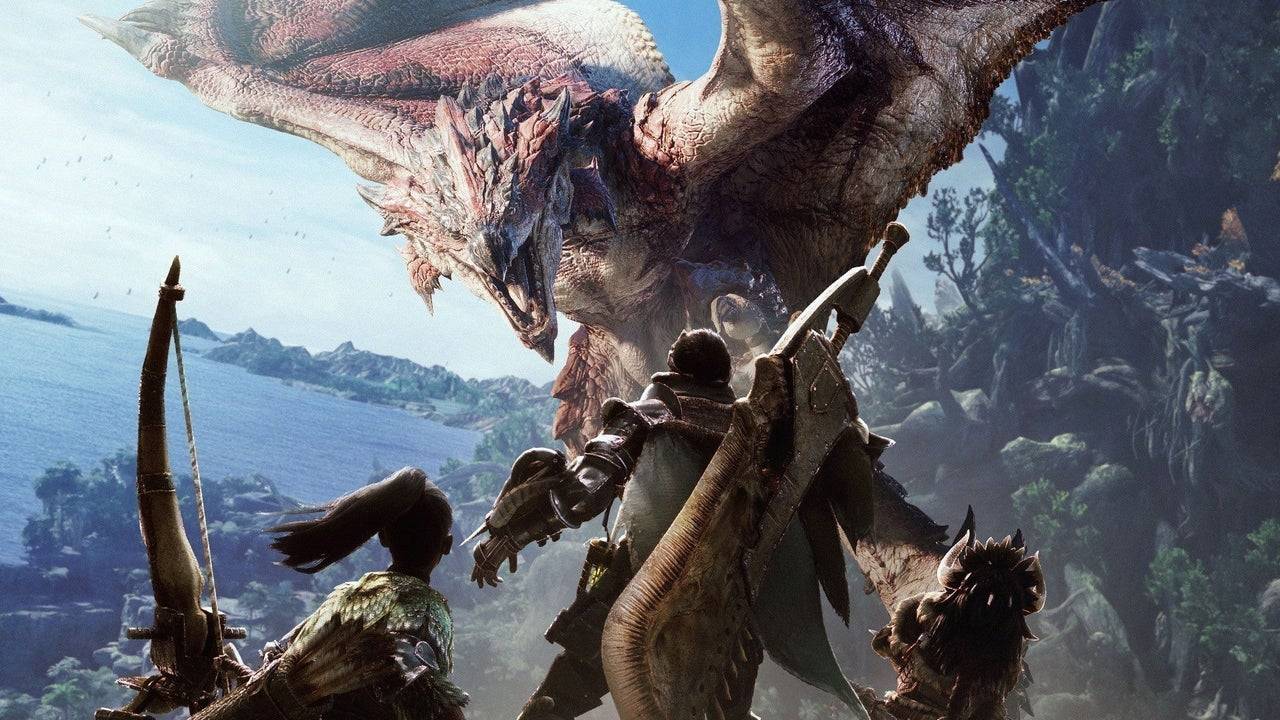
Around the time of Street Fighter 5's launch, Capcom underwent an internal reorganization to prepare for a new generation of games powered by the RE Engine, which replaced the aging MT Framework. This shift was not just about technology; it was about creating games for a global audience.
"It was a few factors that came together," said Hideaki Itsuno, known for his work on Devil May Cry. "The change of the engine and also all teams were given a very clear goal at that point to make games that reach the global market. [Games] that are fun for everyone."
Capcom's earlier efforts to capture the Western market with action-focused titles like Umbrella Corps and Lost Planet had failed. The company realized it needed to appeal to a broader audience. "I think that we had that clear goal of just focusing and not holding anything back towards making good games that would reach people from all over the world," Itsuno added.
The pivotal moment came with Resident Evil 7 in 2017, which marked the beginning of Capcom's renaissance. No series better embodied this global success than Monster Hunter. While popular in Japan, the series struggled to gain traction internationally until the release of Monster Hunter: World in 2018.
Monster Hunter: World was a game-changer, designed for a worldwide audience with simultaneous global release and no region-exclusive content. "Our approach to the globalization of the series and Monster Hunter in general really ties into not only the themes that we had going into designing the game, but also in the name of the game," said Ryozo Tsujimoto, the series' executive producer. "The fact that we called it Monster Hunter: World is really kind of a nod to the fact that we wanted to appeal to this worldwide audience."
The game's success was further bolstered by global focus testing, which led to gameplay tweaks that broadened its appeal. Both Monster Hunter: World and its successor, Monster Hunter Rise, sold over 20 million copies each, a significant leap from previous titles.
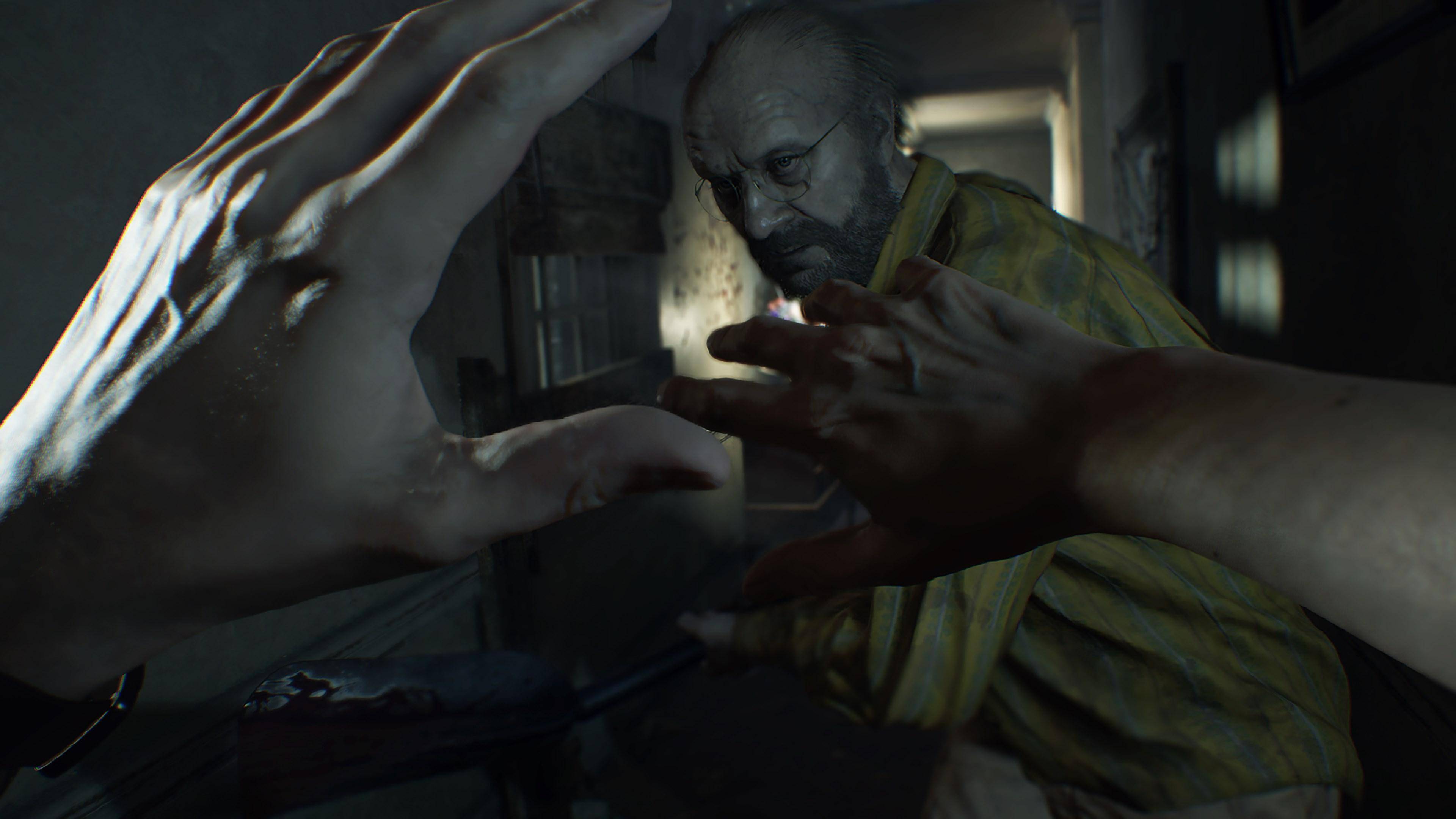
The challenge with Resident Evil was deciding between its action and survival horror elements. Jun Takeuchi, the series' executive producer, made the crucial decision to return to the series' survival horror roots. "It was around the time I was working on Resident Evil Revelations 1 and 2. I was trying to test different things, try different approaches," recalled Yasuhiro Ampo, director of Resident Evil 2 and 4 remakes.
The announcement of Resident Evil 7 at PlayStation's E3 2016 conference marked a significant shift, with a first-person perspective that reintroduced the series' horror elements. "With Resident Evil 7, the executive producer, Jun Takeuchi, made it clear that we cannot underestimate how critical it is for the series for it to be scary and about survival," Ampo explained.
The game was a success, praised for its return to survival horror. Capcom also planned to release third-person games through remakes, starting with Resident Evil 2. The remake combined horror with action and puzzles, becoming the second best-selling game in the franchise's history.
Despite initial hesitation, the team decided to remake Resident Evil 4, which was still popular. "As you mentioned, [Resident Evil 4] was still a title that enjoyed some popularity. So there was a lot of internal discussion on how maybe it’s not a good idea," Ampo said. The remake fine-tuned the action-horror balance, maintaining the series' survival horror essence while removing campier elements.
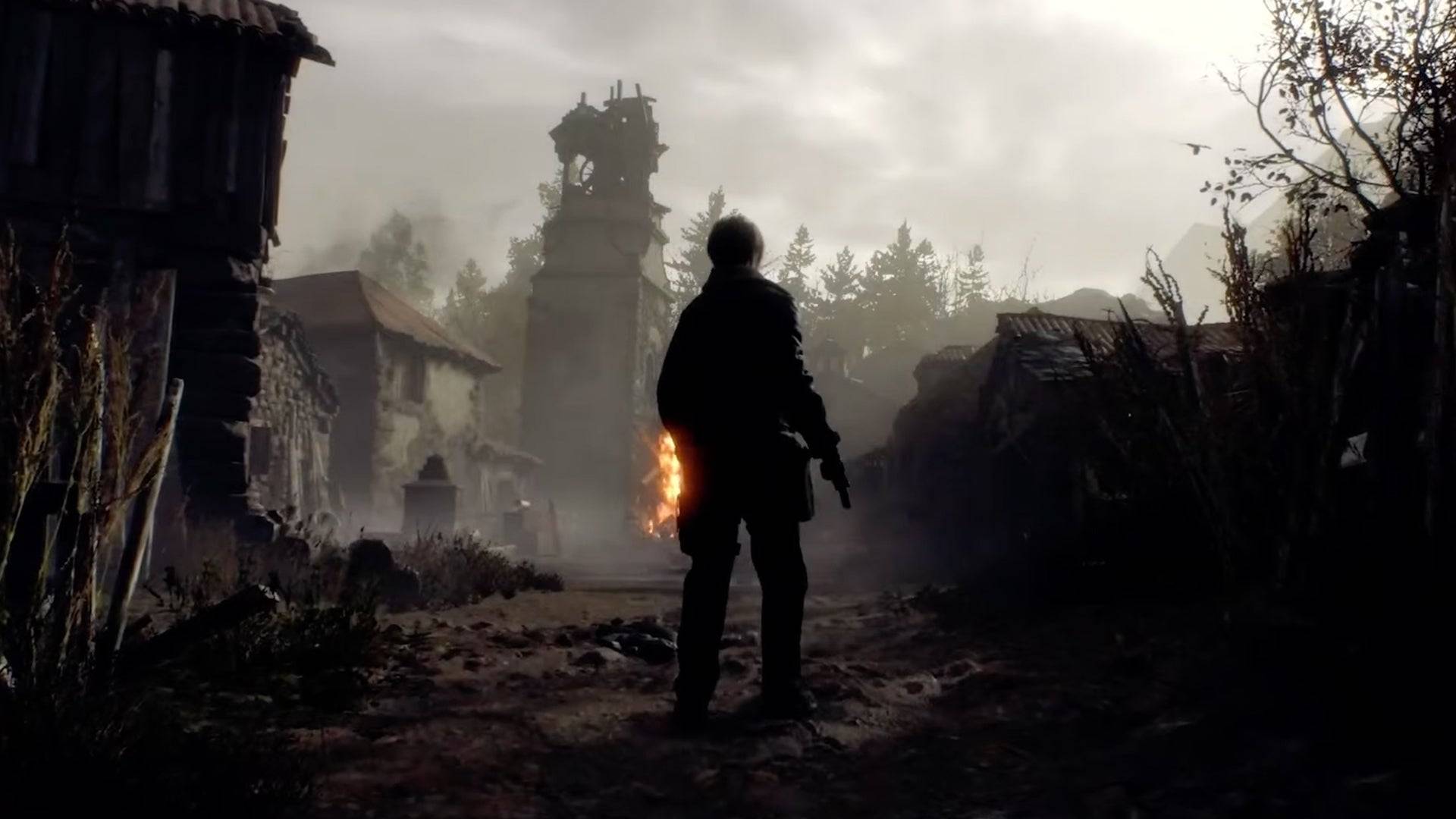
Simultaneously, Hideaki Itsuno, director of Devil May Cry, aimed to reinvigorate the action genre with Devil May Cry 5. "I felt like the main trend with action games was to make action games that were very kind," Itsuno admitted. "Maybe, for me, a little bit too kind to the players, lending a hand to the player too much to my liking."
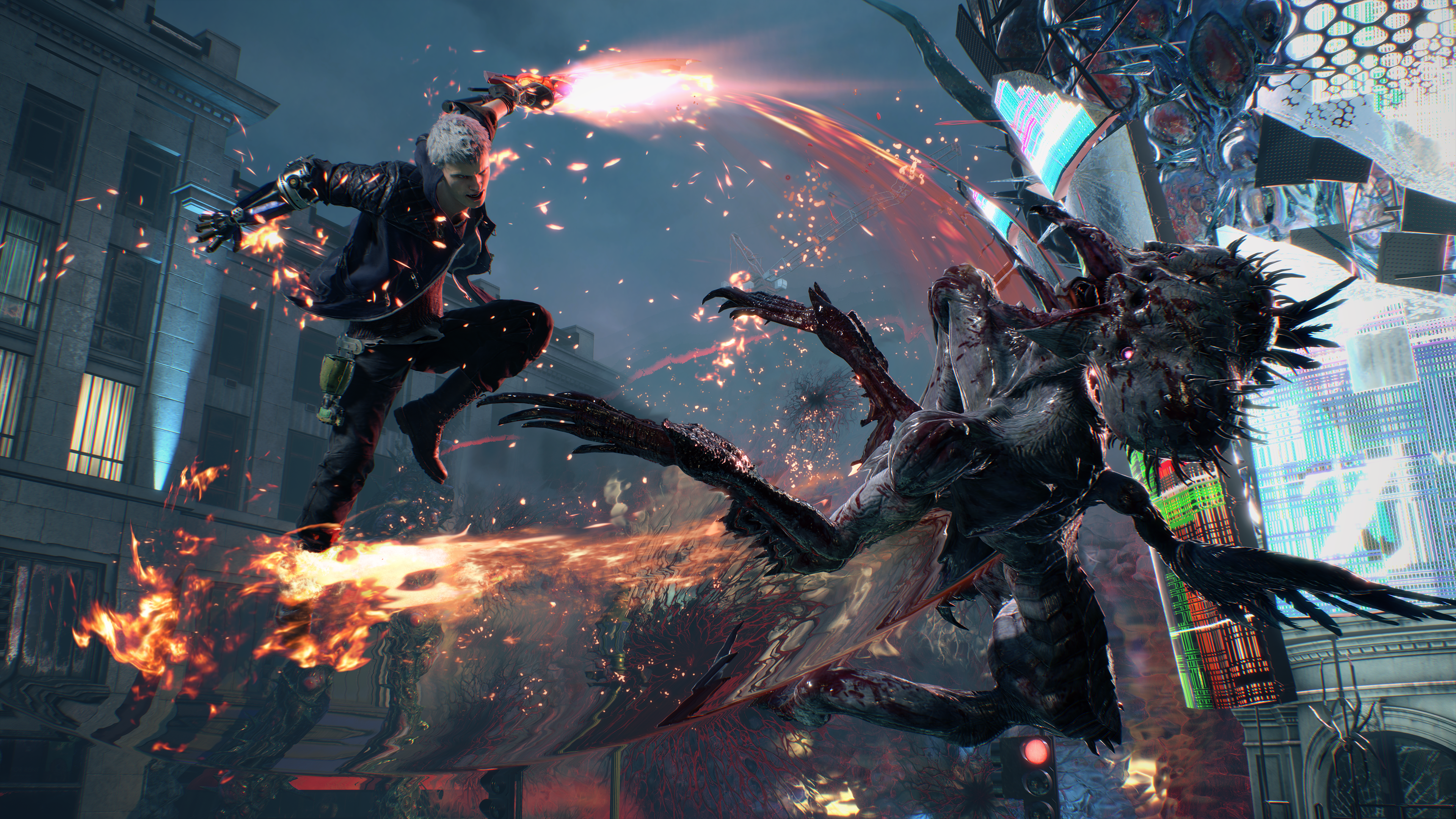
Itsuno's vision for Devil May Cry 5 was to create the coolest action game possible, utilizing the new RE Engine. "Devil May Cry is a franchise that stands on being cool," Itsuno stated. "That’s what the franchise is, it’s about being cool. Ever since I took over the series from Devil May Cry 3, I put everything that I, as a person, I considered throughout my life to be cool."
The RE Engine provided the necessary tools for rapid development and photorealistic graphics, enabling Capcom's developers to experiment and refine their games effectively. "So the original concept for the RE Engine was to allow for a development environment that was less stressful and could help us to make things quicker," Ampo explained.
Since 2017, Capcom has released critically acclaimed games almost annually, a remarkable feat in an industry where consistency is rare. The company's focus on creating globally appealing games, powered by advanced technology, has been a key to their success.
Capcom's ability to maintain the essence of its franchises while expanding their reach has set them apart. "Capcom is going through a golden era, and, well, now we have to do everything we can so that this lasts one more year, one more year, and every year, one more year," said Tsujimoto. This golden age is a testament to Capcom's resilience and strategic innovation, positioning them as a leader in the gaming industry.
Mobile Legends: January 2025 Redeem Codes Released
Pokemon TCG Pocket: Paralyzed, Explained (& All Cards with ‘Paralyze’ Ability)
Android Action-Defense
Brutal Hack And Slash Platformer Blasphemous Is Coming To Mobile, Pre-Registration Now Live
Pokémon TCG Pocket Is Dropping a Trade Feature and Space-Time Smackdown Expansion Soon
Mythical Island Debuts in Pokemon TCG, Time Revealed
GWENT: Top 5 Decks for 2025 - Strategies Revealed
Marvel Rivals Showcases New Midtown Map

Lucky Lady's Charm Deluxe Slot
Download
Vô Cực Đại Chiến
Download
Lunch with Ronan mod
Download
Diamond Deluxe Casino - Free Slot Machines
Download
Shopping Mall 3D Mod
Download
Priya’s Awakening
Download
Flight Pilot: 3D Simulator
Download
Flight Pilot: 3D Simulator
Download
L.A. Story - Life Simulator
Download
Pikmin Bloom Earth Day Walk Party Begins
Dec 24,2025
Sony Unveils Official PlayStation Wireless Speakers
Dec 24,2025
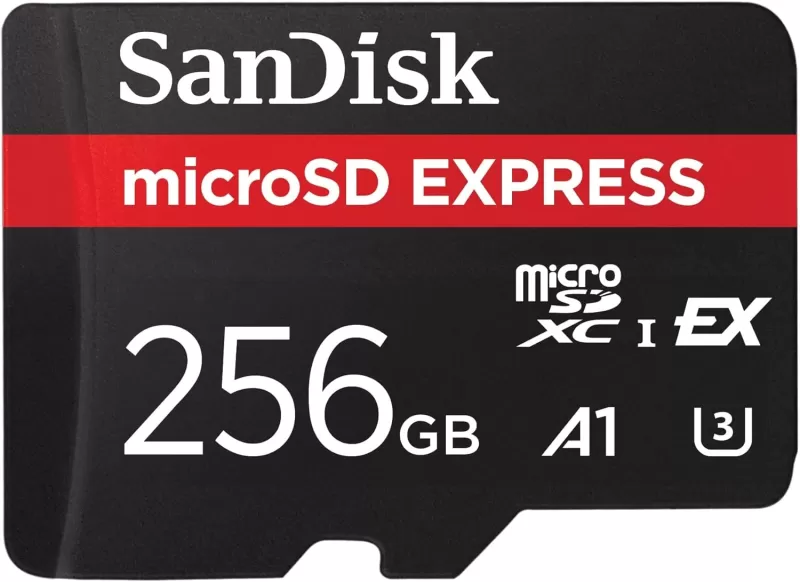
Cyberpunk 2077 to Fill 64GB, a Quarter of Switch 2 Storage
Dec 24,2025
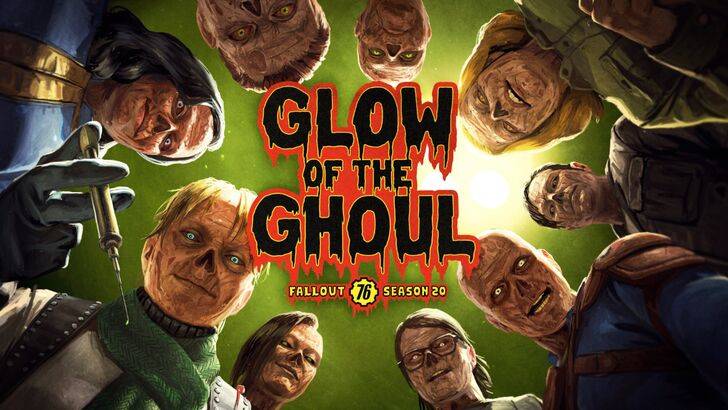
Fallout 76 Unveils New Ghoul-Themed Update
Dec 23,2025

Climate Game Atuel Launches on Android (Note: "Surrealist Documentary" was removed to meet 50-character limit.)
Dec 23,2025